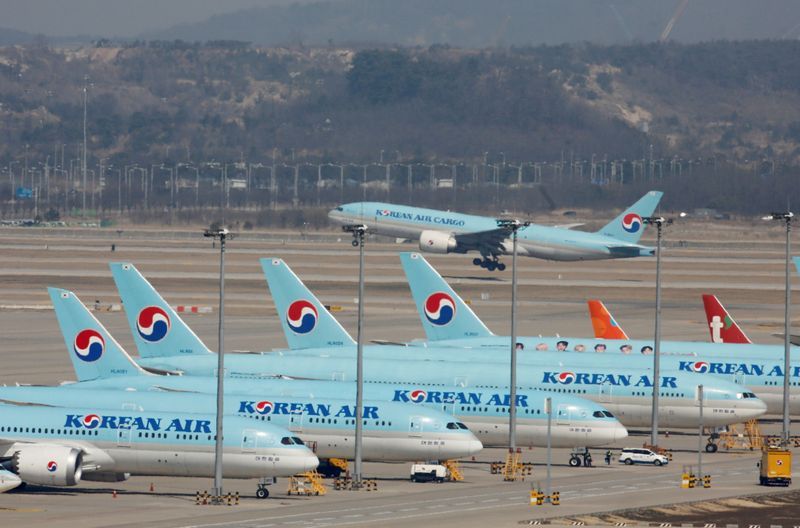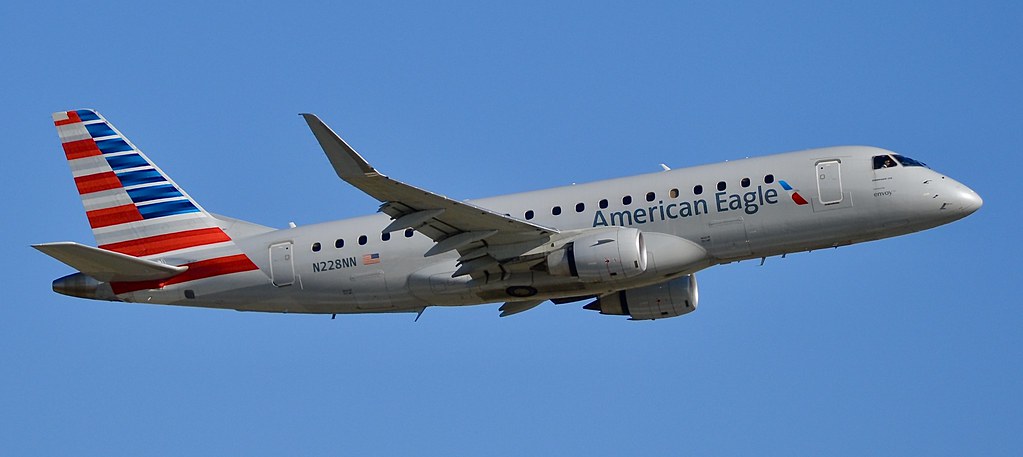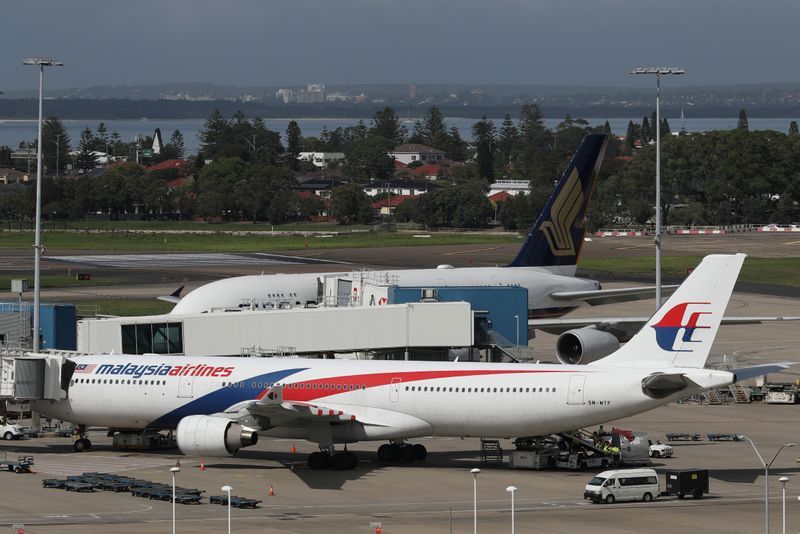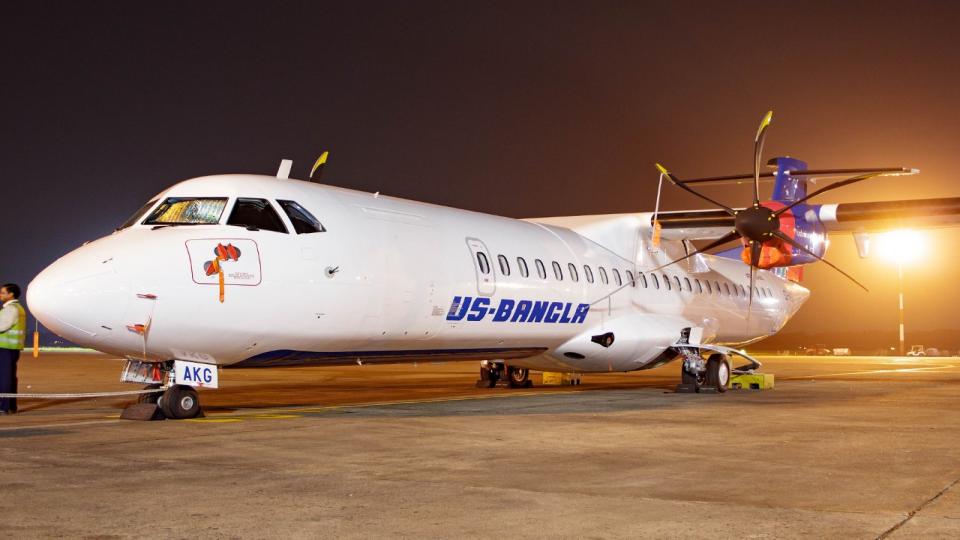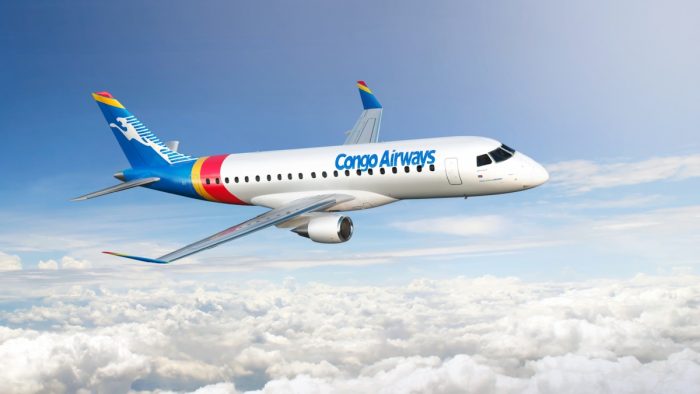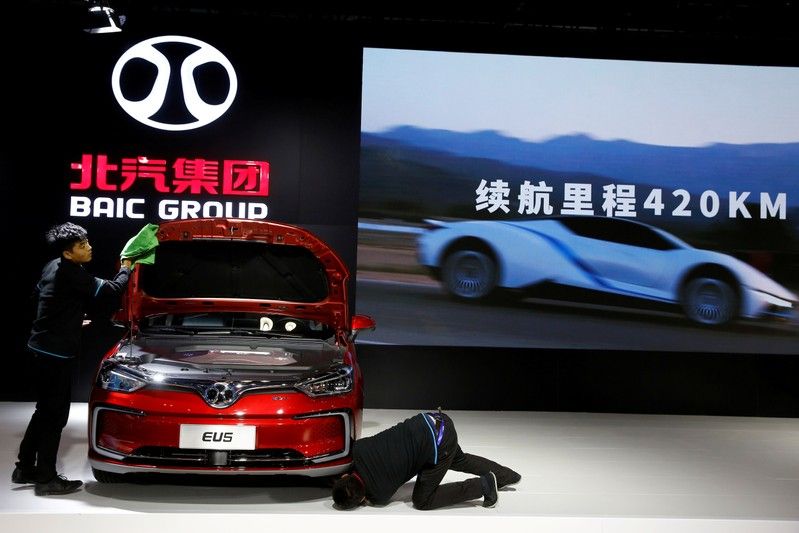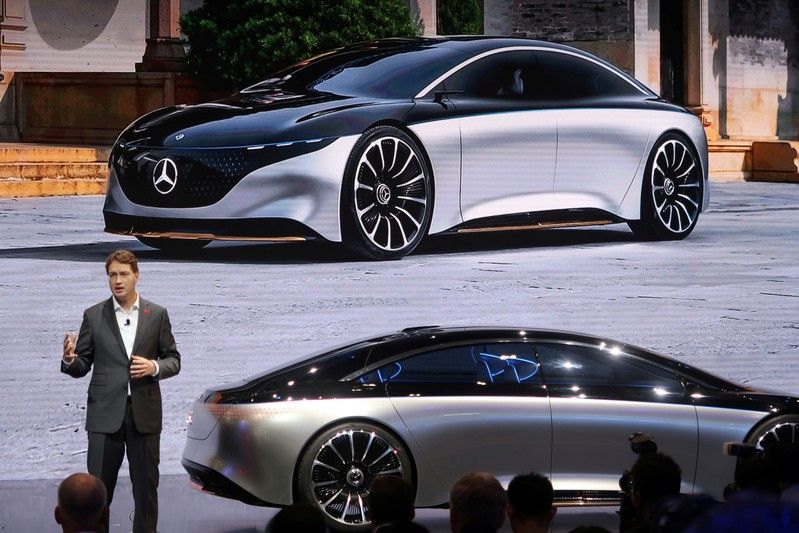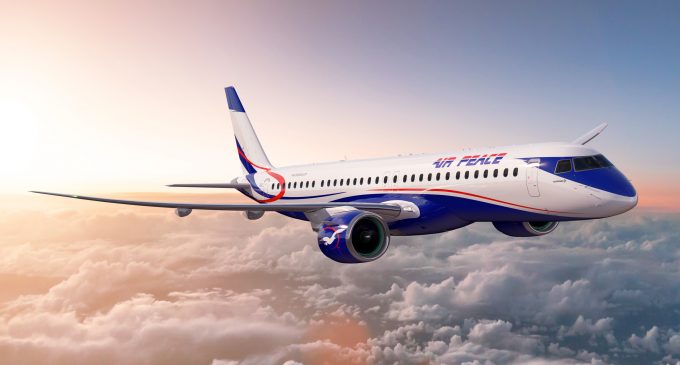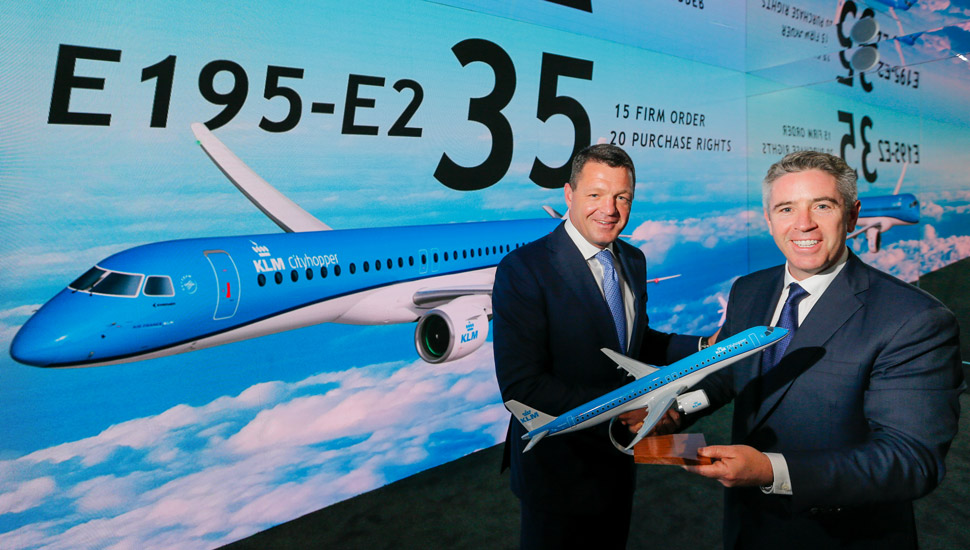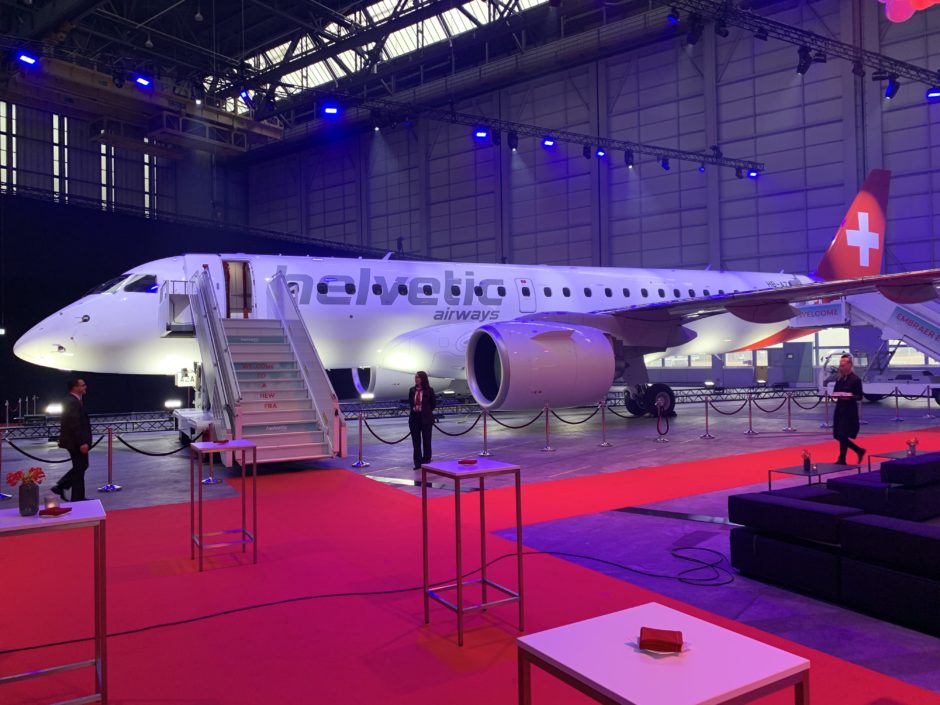SEOUL (Reuters) – South Korea’s largest airline, Korean Air, plans to sell around 1 trillion won ($816.55 million) in new shares in its biggest rights issue in 20 years to raise funds amid mounting strains in the industry due to the pandemic.
Korean Air is the latest carrier to raise funds as travel restrictions imposed by governments around the world have led to airlines grounding their fleets worldwide.
Korean Air separately plans to receive 1.2 trillion won in support from South Korean state-owned banks.
About 79 million newly issued shares, to be listed on July 29, will be first bought by the carrier’s shareholders, including holding company Hanjin Kal which has a 30% stake in the carrier, followed by general public, the company said in a statement.
“Korean Air will continue to carry out self-rescue measures to overcome the dismal business environment due to COVID-19,” the company said.
Korean Air had 70% or more of its employees working in South Korea take a six-month leave of absence in April. Woo Kee-hong, the airline’s president, warned in March that the coronavirus outbreak could threaten its survival if the situation becomes prolonged.
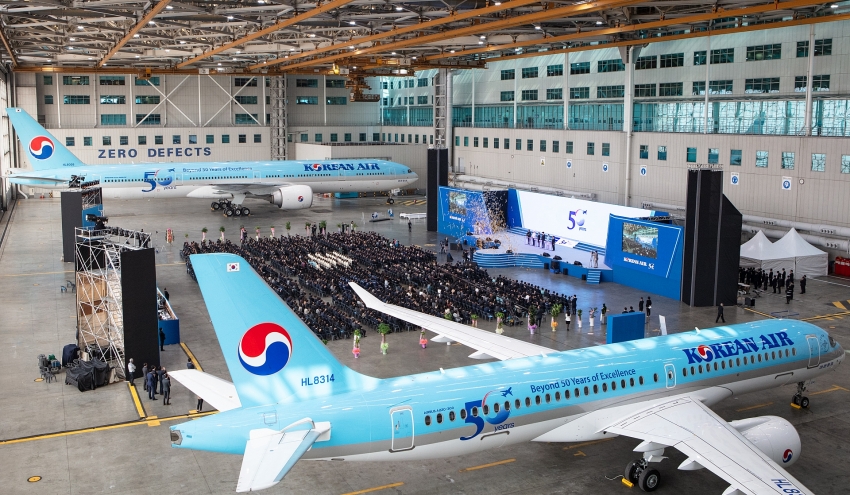
Korean Air also picked last month a preferred bidder to buy its real estate and non-core assets, which some analysts value at about 400-500 billion won.
Korean Air had a debt-to-equity ratio of about 870% as of end-2019. It is expected to announce January-March quarter earnings later this week.
A spokeswoman for Korean Air said it was operating just 10% of its previously planned international schedule, and 60% of its domestic schedule.
The airline said it expects its June international schedule to rise to 20% of its previous plan, as it announced the addition of more international passenger flights to prepare for increased travel demand once COVID-19 restrictions are relaxed.
United Airlines Holdings Inc said earlier this month it plans to raise $2.25 billion through a bond offering, after announcing a public offering to raise more than $1 billion in April.
In March, Singapore Airlines said it would issue S$5.3 billion ($3.70 billion) in new equity and up to S$9.7 billion($6.78 billion) via mandatory convertible bonds in a rights issue backed by state investor Temasek Holdings.
($1 = 1,224.6700 won)
(Reporting by Joyce Lee; Editing by Simon Cameron-Moore and Louise Heavens)
